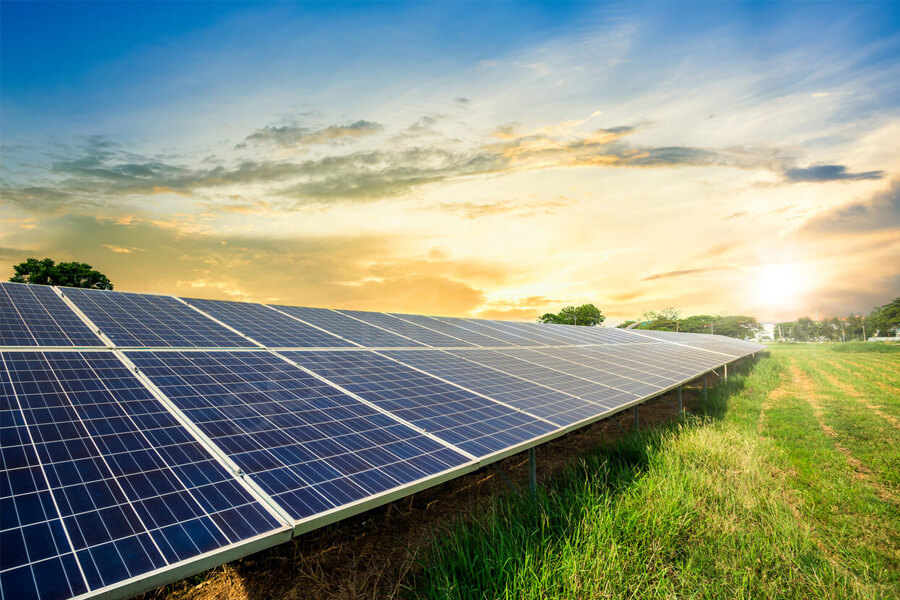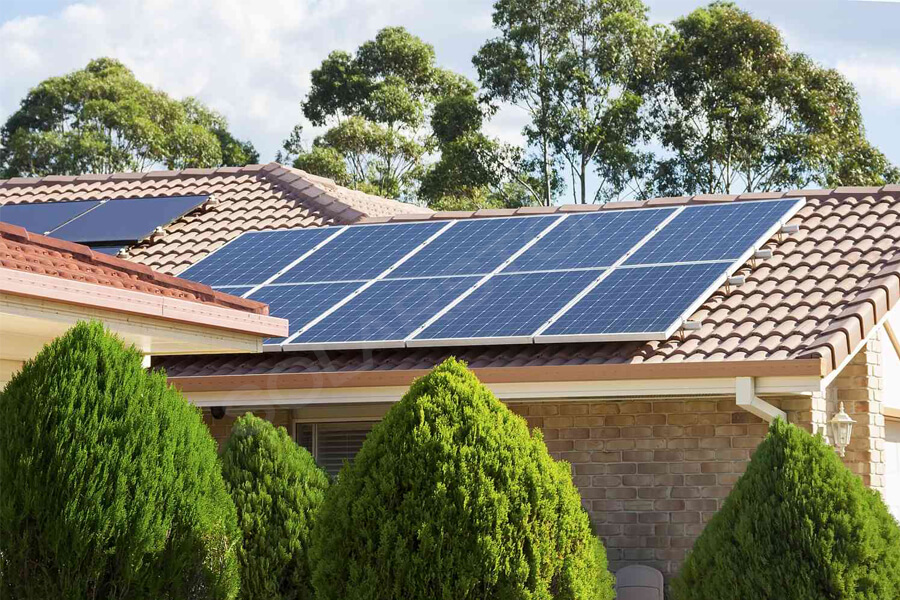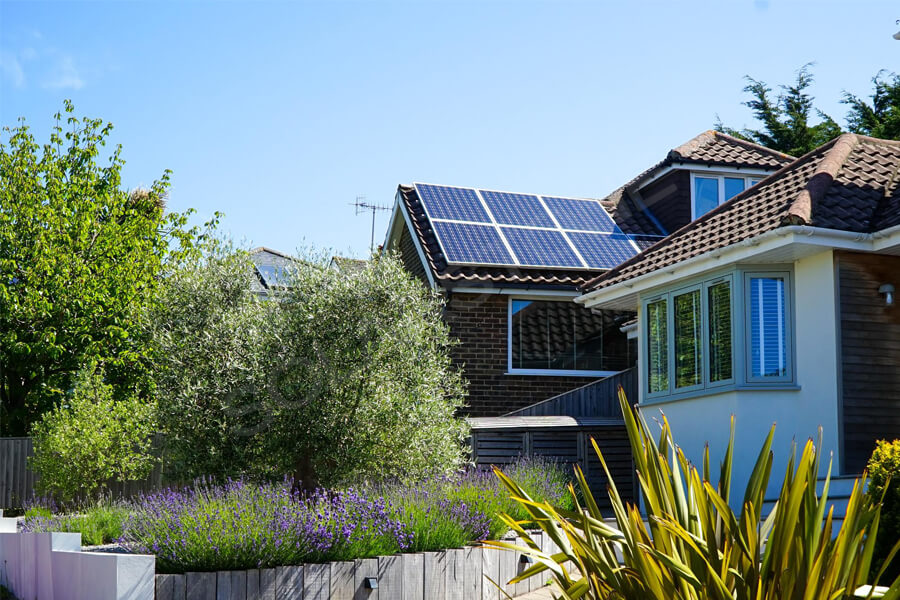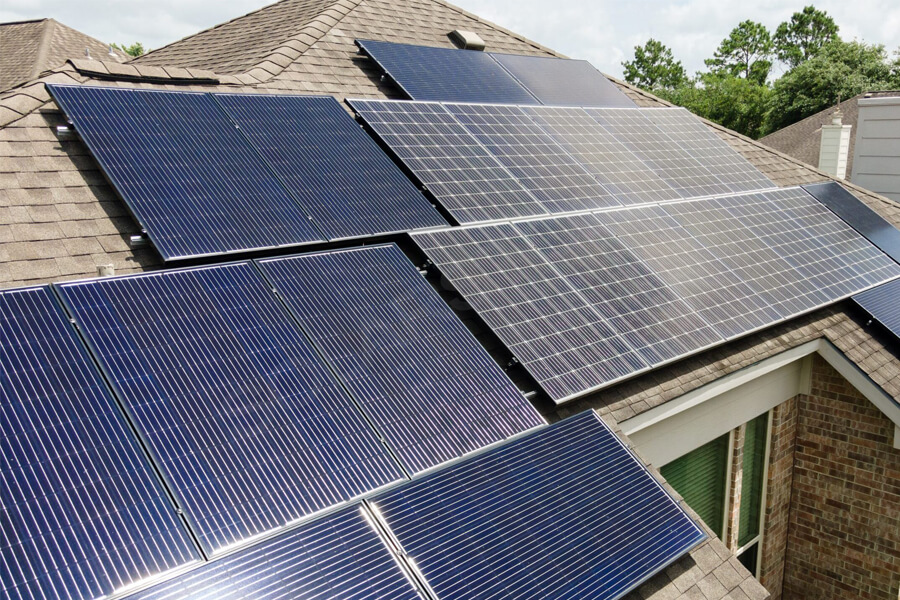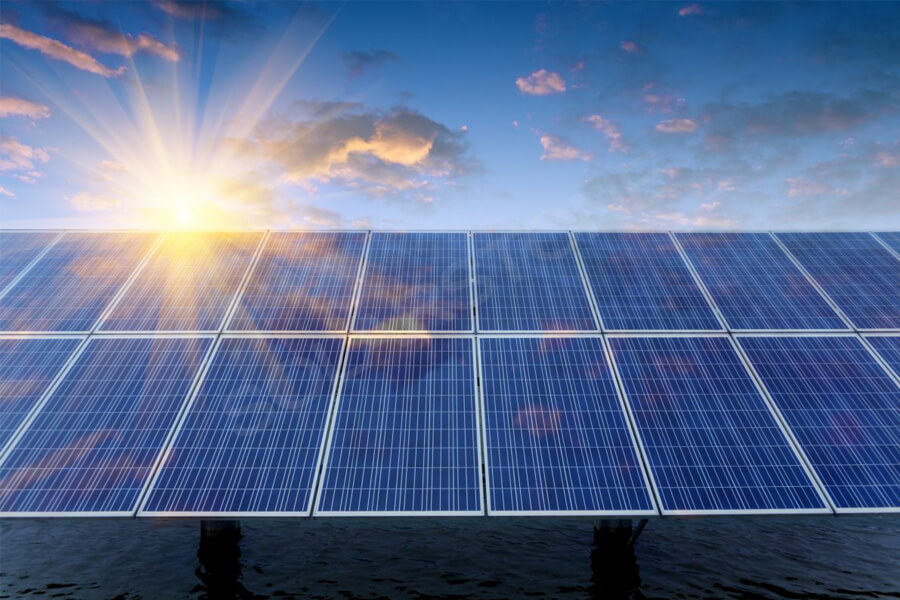In recent years, solar energy has become an increasingly popular and sustainable energy source. As more and more people turn to solar panels to reduce carbon footprint and save energy costs, understanding the efficiency of these panels has become crucial. In this article, we will delve into the truth and importance of solar panel efficiency.
Understanding the efficiency and importance of solar panels
The efficiency of solar panels refers to their ability to convert sunlight into usable electricity. It is expressed as a percentage, and the higher the efficiency level, the more electricity the panel can generate from the same amount of sunlight. When choosing solar panels for your family or business, efficiency is an important factor to consider as it can directly affect energy production and conservation.
The efficiency of solar panels depends on various factors, such as the quality of the materials used, the manufacturing process, and the technology used. Different types of solar panels, such as single crystal, polycrystalline, and thin film, have different efficiency levels. For example, monocrystalline silicon panels are known for their higher efficiency than other types.
Why is the efficiency of solar panels important?
The efficiency of solar panels is important for several reasons. Firstly, higher efficiency means more electricity generation. This is particularly beneficial for areas with limited rooftop space or low solar radiation. By choosing more efficient solar panels, you can utilize available sunlight to generate more electricity, thereby maximizing your investment return.
Secondly, higher efficiency can bring greater energy-saving effects. More efficient solar panels can generate more electricity, reduce your dependence on the grid, and lower energy costs. In addition, with the advancement of energy storage technology, excess energy can be stored for future use, further saving energy costs.
In addition, efficient solar panels can have a positive impact on the environment. The more electricity generated by solar panels, the less reliance they have on fossil fuels for power generation. This reduces greenhouse gas emissions and helps address climate change.
In order to make wise decisions when choosing solar panels, it is necessary to compare their efficiency levels. Find panels that can strike a balance between cost and efficiency to optimize your investment in solar energy. Consulting solar energy professionals can also help you understand your specific energy needs and guide you in choosing the most effective solar panel options.
In summary, the efficiency of solar panels plays an important role in determining the performance and benefits of solar systems. By understanding the importance of efficiency and considering it when choosing solar panels, you can maximize power generation, save energy costs, and contribute to a more sustainable future.
Factors affecting the efficiency of solar panels
When considering using solar panels for your home or business, it is important to understand the factors that affect their efficiency. The efficiency of solar panels refers to the efficiency of photovoltaic (PV) panels in converting sunlight into usable electricity. The following are some key factors that may affect the efficiency of solar panels:
1. Types of solar panels: There are different types of solar panels, including single crystal, polycrystalline, and thin-film panels. The efficiency of each type varies, with single crystal panels typically having the highest efficiency, followed by polycrystalline and thin film panels.
2. lifespan of solar panels: Over time, due to factors such as normal wear and tear, exposure to the natural environment, and material degradation, the efficiency of solar panels may slightly decrease. However, most modern solar panel designs have a longer lifespan and can maintain high efficiency levels for decades.
3. Angle and direction: The angle and direction of a solar panel play an important role in its efficiency. Ideally, the installation angle and direction of solar panels should be such that they are exposed to sunlight to the maximum extent possible throughout the day. In some cases, solar tracking systems can be used to optimize the angle and direction of the solar panel.
4. Sunshade: Sunshade blocks sunlight, significantly reducing the efficiency of solar panels. Even if a part of the solar panel is slightly obstructed, it will have an adverse impact on the performance of the entire solar panel or even the entire solar array. It is important to minimize shadows by keeping the solar panels free from debris or obstacles such as trees or nearby buildings.


